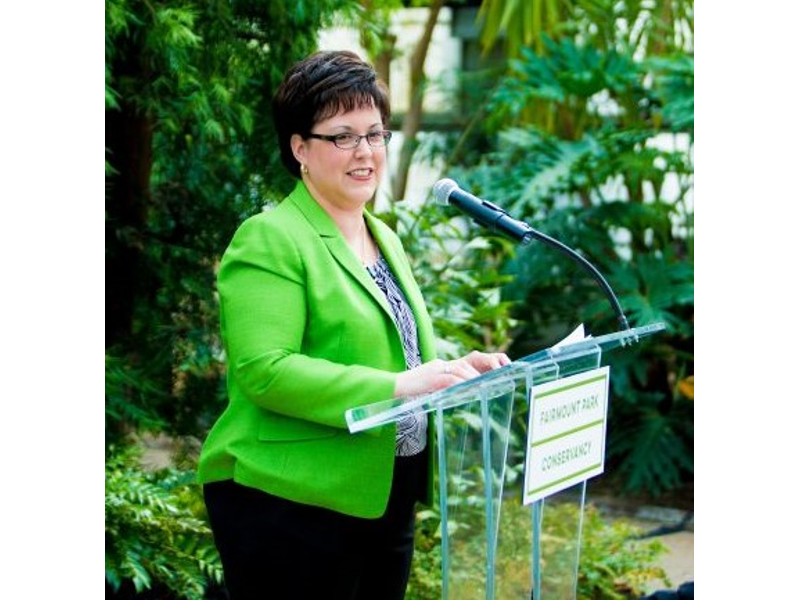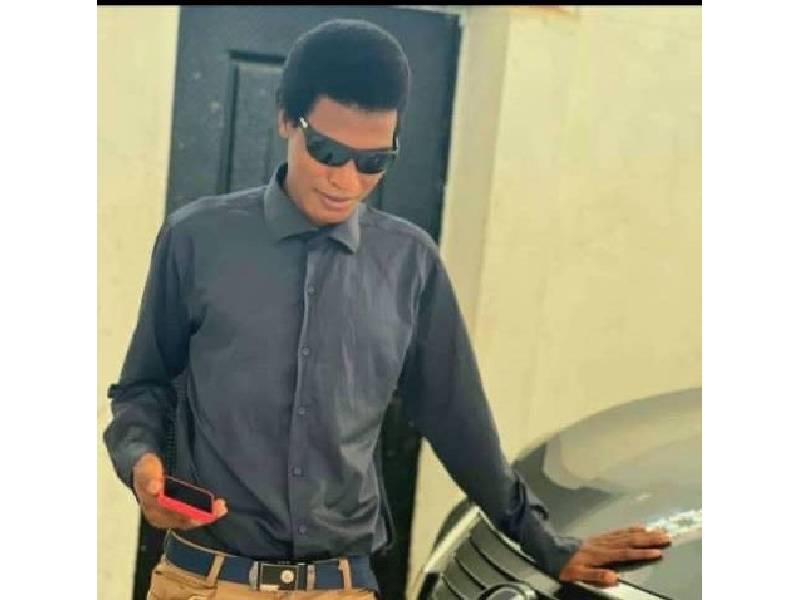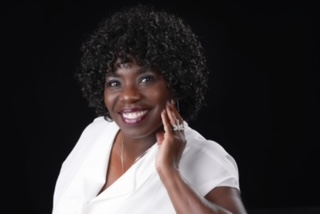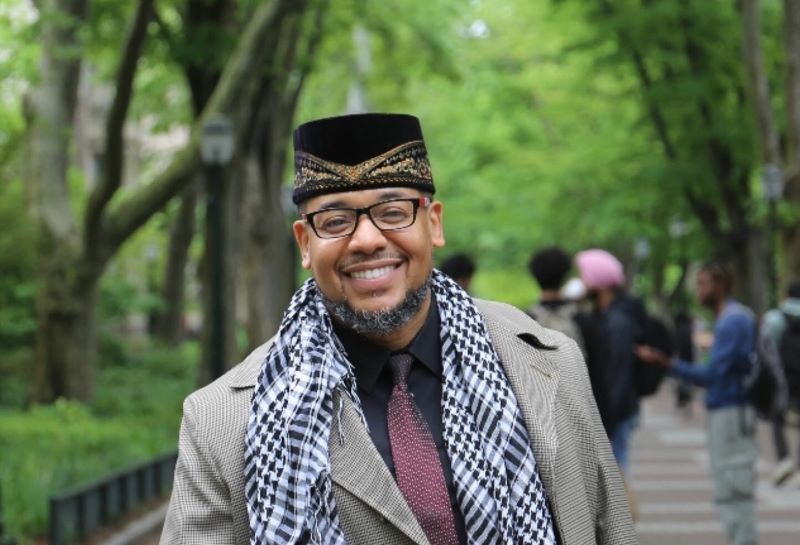What increased role should the City Recreation centers play in providing a wide variety of after school activities, including the arts, for young people as an anti-violence strategy?
What I consider as part of the anti-violence strategy are our after school programs and summer camp program. We’re probably the largest summer camp provider in the city. Those programs are critical because they keep tens of thousands of kids safe with adult supervision and high quality programming in their neighborhoods every day. The programs are well facilitated, well structured, but most importantly, they’re either free or affordable.
Of course, we have tons of other programs that happen beyond that. And we’re partnering with community organizations all over the city, making our centers available to them to run programs.
This year with some of the increased violence that was happening around the city, we partnered with the city’s Office of Violence Prevention. We did a couple of pilot programs we tried out specifically above and beyond what we currently do to …target specific areas of specific young people. So one thing we did was we identified Operation Pinpoint, which is part of the City Police Department’s effort to pinpoint neighborhoods in the city where there are high levels of crime rate and criminal activity.
The first thing we did was a very structured 12-week basketball program. We collaborated with community organizations to teach from basketball skills to life skills. In addition, where kids would be most vulnerable, we extended the hours till 10:00 and 11:00 on Saturdays and Sundays. Then, the third thing we did was summer movie nights with inflatable movie screens in the neighborhood.
We also hosted a series called Cops and Rec, which was outdoor movie screenings in parks and rec centers and playgrounds. We had the cops bring the food which was either a barbecue or just popcorn and water ice. Then we provided the movie and the screen and they were incredibly successful.
How many opportunities are there for dance and African cultural activities, knowing that girls are also at risk for anti-social behavior?
I totally agree with you. So we have a very robust still arts program. We have a visual arts program and then we have a performing arts program. Within the visual arts program, we have over 90 different art classes around the city and they are taught in large part by community members. We recruit within the community to have local teachers and instructors to run the programs. Sometimes we bring people in from the arts schools. A big part of what we do is our visual arts program.
We also have about 80 dance classes that are offered around the city, whether or not those are specifically African dance classes, I do not have that breakdown. I know we have some of them and specifically in some of the communities that you mentioned that are especially in the southwest Philadelphia area. We do have a very robust dance program. And something that’s been really popular is our performing arts program.
We have a partnership with the Girl Scout which is really interested in supporting girls especially in underserved communities where it has not had a huge presence. So we were able to start about 20 new Girl Scout programs in underserved communities.
We actually started a basketball program that my own daughter participated in last year at Cobbs Creek and this year we’re doing it at the Evolution Blackwell Center.
It’s meant for girls, middle school girls specifically. And then we’re always open to new ideas.
What is the opportunity for parents to find out where some of these other programs are?
We have 159 staff centers. First thing, if you have access to a smartphone, you can go online and just read it on our website. We have a function on our website called the PTR Finder; put in a word like dance or music or whatever and then put in an address or a zip code and it will pop up where the programs are available at a site near you. If people don’t have access to the Internet or smartphone, they can go to the centers. We should also mention that every single one of our centers also has a Facebook page in case it is easier to go on Facebook to access information.
African hand drumming is very instrumental in helping young men deal with some of their issues and even white males have decided that drum circles are important to their own mental health.
How African centered are some of these programs considering the majority of children that need the kind of services that the recreation department offers. Are there opportunities to join forces with some of the professional drummers in the city and help young men redirect some of that energy into drumming along with the discipline of it.
Yeah, I mean, I think that’s a wonderful idea. I know there’s African hand drumming that happens in our parks that are very informal. You know, we’re open to any and all partnership ideas. The recreation leaders are in charge of designing the programs for their facilities and the directive that they have is to make sure that those programs are relevant to the communities.
I don’t know offhand if they’re specifically African drum programs, if there is a connection that you have of someone who would like to provide these programs or if community members would like them started at their centers. We could start them tomorrow; we have the ability to be really flexible and nimble.
What can you do to encourage more age group involvement? Because children act differently when there are some older folks involved. It should be explored and we need to have new eyes.
Absolutely. I mean, we did a strategic plan a few years ago. And we have a whole new set of standards around again. What types of programing need to be offered, the relevancy of that program and was the idea from the bottom-up, not from the top down? We need to be responsive to communities in terms of developing the types of programs. We need to be open to partnerships. We don’t need to create every program ourselves
For a long time, recreation staff were really reticent to bring in partners, groups to do programing, because they I think, felt a loss of control … you know, while it’s important that recreation leaders provide critical services, it’s also important that they become architects of service delivery in those communities and that they really have their finger on the pulse of what’s relevant and important to that community, and they’re providing it.
I met with Advisory Council on my first few months here, and I heard again and again this need for literacy programs. We started introducing a literacy program. And now we have 20 literacy programs that are embedded into our afterschool programs across the city.
When you talk about cultural shift, what kind of response did you get from various communities when you were part of the exercise by the city government to have the boat houses along the river lit up in the colors of Kwanzaa.
I think it has been overwhelmingly positive. Once we were able to change the lights like that, people were absolutely thrilled about it. And I think a lot of people had no idea why. However, when Maisha Sullivan-Ogonza provided the whole education behind the lights, it was amazing. Therefore, we will celebrate it again this year. You know what I mean? So I joke about it because, first we did a menorah that we celebrate Hanukkah? Wasn’t until the next year that we decided to do Kwanzaa. And when you saw the people who came out for the menorah lighting, it was like 10 people when you have a Kwanzaa celebration. We had 300 people. We had drumming. We had food. It was over the top. The reaction was pretty positive.
I will be honest and say when I first got this part of this job and started visiting the recreation centers, I had a pretty poor reaction. I mean, people were pretty angry for a lot of historical reasons that you mentioned. I don’t think people have felt supported and heard. It’s taken a while for the Rebuild initiative to get off the ground. And now that people see the investment happening, physical investments, I think that people are much more optimistic about the direction that things are going.
From the commission’s perspective, what do we as Black and Brown people, expect from Mayor Kenny’s next four years.
Facilities that will finally reflect physically the great work that happens within them. In other words, you’ll go into a facility like a recreation center in Philadelphia, and you will walk up to that facility and feel immediately depressed because it looks awful. But then you go inside and you meet the kids and you meet the leaders and you meet the community and you’re like, wow, this is amazing.
We need the physical space to reflect the amazing things that happened inside. And I think the Rebuild initiative is going to finally get us back; it’s going to take time. I mean, we’re in the design phases of massive renovations. You know, it’s going to take years to see these centers revitalize. But what it will mean for future generations of children is it’s just a completely different parks and recreation system than what we had.
Well, Do you think Parks and Recreation Department should be one department or do you think there should be separate?
They absolutely need to be combined.





